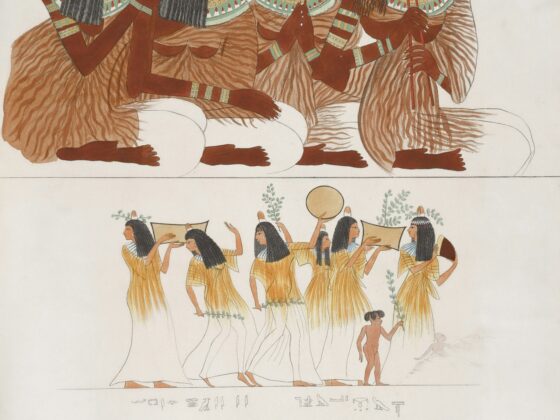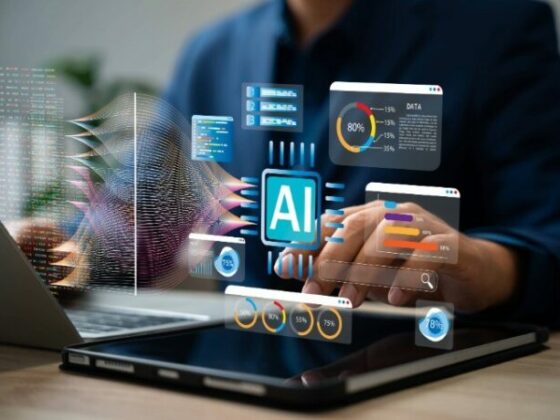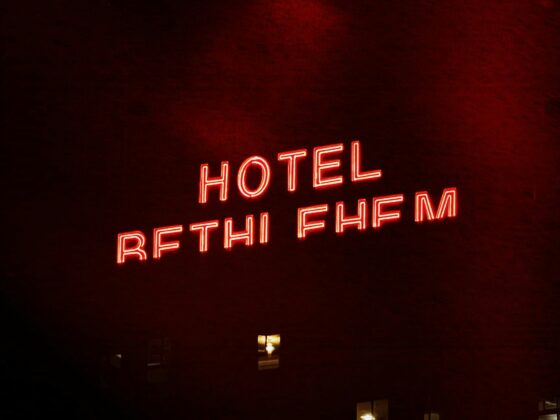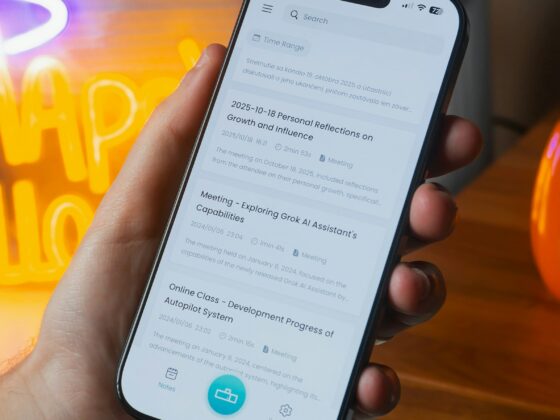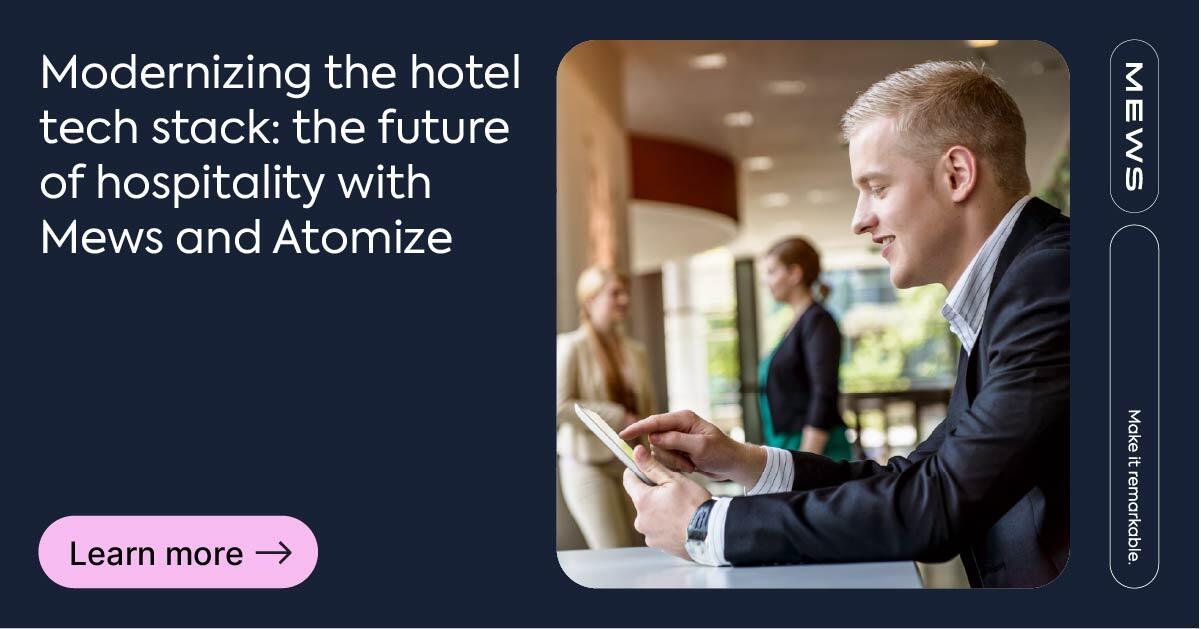
The evolution of hotel technology
The hotel industry has seen rapid changes in technology over the past decade. Traditionally, hoteliers relied on manual processes and disconnected systems to manage reservations, pricing, guest services and more. However, the rise of online travel agencies (OTAs), the growth of global travel, and the increasing expectations of tech-savvy travelers have required a shift towards more integrated solutions.
In the past, hotels operated with a basic PMS, often coupled with an Excel-based revenue management strategy. These systems, while functional, were limited in scope and often led to inefficiencies, such as double bookings, revenue leakage and missed opportunities for upselling and optimizing room rates. The arrival of cloud-based solutions and artificial intelligence (AI) has paved the way for modern PMS and RMS platforms that are not only more powerful, but also more user-friendly and accessible.
The need for digital transformation in hospitality
Traveler expectations have evolved dramatically in recent years. Guests now demand seamless experiences that begin long before they set foot in the hotel, and that continue long after they check out. This shift has been driven by the arrival of smartphones, the prominence of OTAs, and the convenience of on-demand services, which have fundamentally changed how consumers interact with the world around them.
Relying on outdated systems and manual processes is no longer sustainable for hoteliers. The pressure to modernize is not just about staying competitive, it’s about survival. Hospitality must rethink its approach to technology, viewing it not only as an operational tool but as a strategic enabler that can drive innovation, improve guest experiences and unlock new revenue streams.
The role of Atomize RMS and Mews PMS in shaping the future
Platforms like Atomize and Mews are not just tools – they are catalysts for change. They represent a shift in how hotels manage their operations, interact with guests, and make strategic decisions. But beyond their technical capabilities, these systems embody a broader vision for hospitality, one that is agile, data-driven and guest-centric.
Atomize RMS is a prime example of how revenue management is evolving from a reactive process to a proactive, real-time strategy. In the past, revenue managers were often forced to make decisions based on historical data and gut instinct. Today, Atomize leverages artificial intelligence and machine learning to analyze vast amounts of data in real time, enabling hotels to adjust pricing dynamically and maximize revenue opportunities. This shift from manual to automated decision-making is a reflection of the broader trend towards data-driven strategies across industries.
However, the true value of Atomize lies not in its ability to optimize room rates, but in its potential to transform how hotels think about revenue management. It’s about shifting the focus from short-term gains to long-term strategy, from reacting to market conditions to shaping them. In a world where competition is fierce and margins are thin, this kind of forward-thinking approach is essential.
Mews PMS takes this concept of transformation even further by redefining what a property management system can do. Traditionally, the PMS was seen as the central hub of hotel operations – a system for managing reservations, check-ins and billing. But Mews is pushing the boundaries of what a PMS can be, turning it into a platform for innovation and guest engagement.
With its open API architecture and extensive integrations, Mews is not just a system for managing rooms; it’s a system for managing the entire guest journey. By connecting with third-party applications and services, Mews allows hotels to create personalized, seamless experiences that meet the needs of today’s travelers. But more importantly, it empowers hoteliers to think creatively about how they can use technology to differentiate themselves in a crowded market.
The synergy of Atomize and Mews
Individually, Atomize and Mews are powerful tools that can significantly enhance hotel operations. However, the real magic happens when these systems are integrated, creating a seamless, end-to-end solution for managing both revenue and operations.
The benefits of integrating Atomize and Mews:
- Unified data
Share data in real time, ensuring that both systems are working with the most accurate and up-to-date information. This unified data streamlines decision-making and eliminates the need for manual data entry or reconciliation between systems. - Enhanced revenue optimization
Optimize pricing strategies while ensuring that rooms are available and ready for guests. This integration also allows for more accurate forecasting and demand prediction, leading to better overall revenue performance. - Improved guest experience
Ensure that guest preferences and behavior are taken into account when setting room rates and managing reservations. For example, a repeat guest who typically books premium rooms may trigger a dynamic pricing adjustment that offers a personalized rate, enhancing their experience and loyalty. - Operational efficiency
With Mews handling the day-to-day operations and Atomize optimizing revenue, hotel staff can focus on delivering exceptional guest service. The integration also reduces the administrative burden on staff, freeing up time for more strategic initiatives. - Scalability and future-proofing
As the hospitality industry continues to evolve, having a flexible, scalable tech stack is crucial. The combination of Atomize and Mews offers hotels the ability to easily adapt to new challenges and opportunities, whether it’s expanding to new markets, adopting new distribution channels, or responding to changing guest preferences.
A new vision for hospitality
The integration of Atomize and Mews PS offers a glimpse into the future of hospitality – a future where technology is not an afterthought but a central component of the guest experience. But the adoption of these systems is not just about modernizing operations. It’s about reimagining what it means to be a hotelier in the 21st century.
At the heart of this transformation is the shift towards a guest-centric mindset. In the past, the guest experience was often seen as a series of disconnected touchpoints, from booking to check-out. Today, the guest journey is viewed as a holistic experience that extends across multiple channels and interactions. By leveraging technology to connect these touchpoints, hotels can deliver a more personalized experience that meets the expectations of modern travelers.
Another key aspect of this new vision is the role of data as a strategic asset. In the digital age, data is the new currency, and hotels that can harness its power will be better positioned to succeed. Atomize and Mews exemplify how data can be used to drive smarter, more informed decision-making, whether it’s optimizing room rates in real-time or delivering personalized offers to repeat guests. But beyond these immediate applications, the true potential of data lies in its ability to provide insights that can shape long-term strategy and innovation.
Perhaps most importantly, the adoption of modern technology requires a cultural shift within hotel businesses. To fully realize the benefits of platforms like Atomize and Mews, hoteliers must foster a culture of agility and innovation. This means being open to new ideas, embracing change, and continually seeking ways to improve the guest experience. In a rapidly evolving industry, the ability to adapt quickly and think creatively will be key to staying ahead of the curve.
Leading the way into the future
As we look to the future, it’s clear that the hospitality industry is heading towards an era where human interaction and personalized services combine with technology, data and innovation. This is the new standard. The integration of Atomize and Mews is just the beginning of this journey. These platforms represent a new way of thinking about hotel management – one that is dynamic, responsive and deeply attuned to the needs of the modern traveler.
Beyond the technology itself, the future of hospitality will be shaped by those who are willing to embrace this new way of thinking. It will be defined by hoteliers who see technology not as a threat, but as an opportunity to create better experiences, drive growth, and build stronger relationships with their guests. It will be led by those who understand that the true power of technology lies not in the tools themselves, but in the vision they enable.
In conclusion, modernizing the hotel tech stack is not just about implementing new systems; it’s about reimagining the entire guest experience. It’s about using technology to create a future where hotels can offer more personalized, seamless and memorable experiences than ever before. By embracing platforms like Atomize and Mews , hoteliers can lead the way into this future. A future where the art of hospitality is enhanced, not diminished, by the power of technology.


